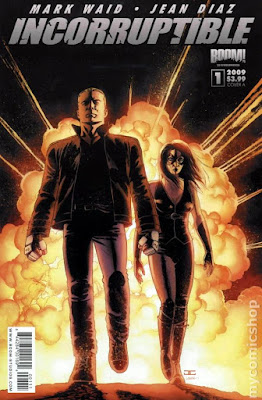The Rose and the Thistle
Historical fiction is fantastic at teaching us about true events while engrossing us in a story at the same time. The Rose and the Thistle did just this.
It’s 1715 and Great Britain is in turmoil. It is a time of great change and fear as the people of England and Scotland decide if their loyalty lay with the new King George I or the Stuart line, i.e. the Jacobite rebellion. At its core is also a religious freedom issue, as Catholics are being persecuted and judged as traitors. Having prayer beads in your possession may mean your very head is forfeit.
In the midst of this political turmoil is plain, tall Lady Blythe Hedley. Studious in nature, preferring her spectacles and books to much else, Lady Hedley is out of place in France, where excess is the expectation. However, she must await news from her Father, as he is a passionate Jacobite sympathizer and their England home is not as safe as it once was.
Returning home to their beautiful household is not the balm she hopes it will be, though. Within no time she is forced to flee and is hidden in a tower at Wedderburn Castle in Scotland.
Lord Wedderburn is in poor health. His son, Everard, is facing becoming the new laird at the same time as an unwanted, troublesome lass is secreted away on their very grounds. With dozens of servants, many a sibling, and tenants galore, he faces massive responsibility as his own allegiances are being questioned. He cannot risk all those who rely on him to protect a hunted duchess and her maid…
In The Rose and the Thistle, Frantz was able to weave some of her own ancestry into the tale. She also visited the locations and was in Scotland during the writing of this novel. Within each lush description and Scottish quirk, you feel this authenticity. Your easily swept away by the environment, the castle, the history and the people. I could nearly sneeze from the dust of the long neglected tower library!
Blythe is a wonderful heroine. Stalwart, intelligent and devout in her faith, she embodies a loving daughter and brave woman. Yet she is not without her insecurities, though they are maturely managed. An acceptance of being ordinary, if not less, in her looks has taken a turn of also believing that she’ll never marry. At eight and twenty, this seems true thus far. On top of this, she carries the weight of a wayward mother and a scandalous maternal history, which likely plays into her insistence on staying unornamented and pure. In some ways she reminded me of Jane Eyre, though obviously in a much better social standing and much more privileged and loving upbringing.
Everard is a delightfully growly hero. With his rough brogue and early grief, he is quickly established as a Large Burly Man With a Heart. I say this teasingly, as it was quite well done and I found him highly likable. Combining brotherly tenderness, stout principles, cheeky wit and authority, you know you’d trust him to lead you in household affairs… or battle.
At its core, The Rose and the Thistle is a romance – yet it is much more. It highlights the relationships of the household, the staff, the local clergy and the family ties, both good and bad. Chiefly about family, the terrors of uncertainty ring even truer. There is a palpable concern that letting your tongue slip a bit too honestly with a neighbor may mean troops show up at your door. Denying the whim of a royal may mean you’re branded a rebel. It is a frightening time. In many ways, this is mirrored in current political and cultural trends.
Just as we must continually remind ourselves that God’s sovereignty and love are above all these earthly pressures, so does Blythe and Everard. Through harrowing ups and downs, their story always settles into scripture and faith, which is by far my favorite thing about how Frantz presents her novels. This is lovely, inspiring and definitely worth your time!


Comments
Post a Comment